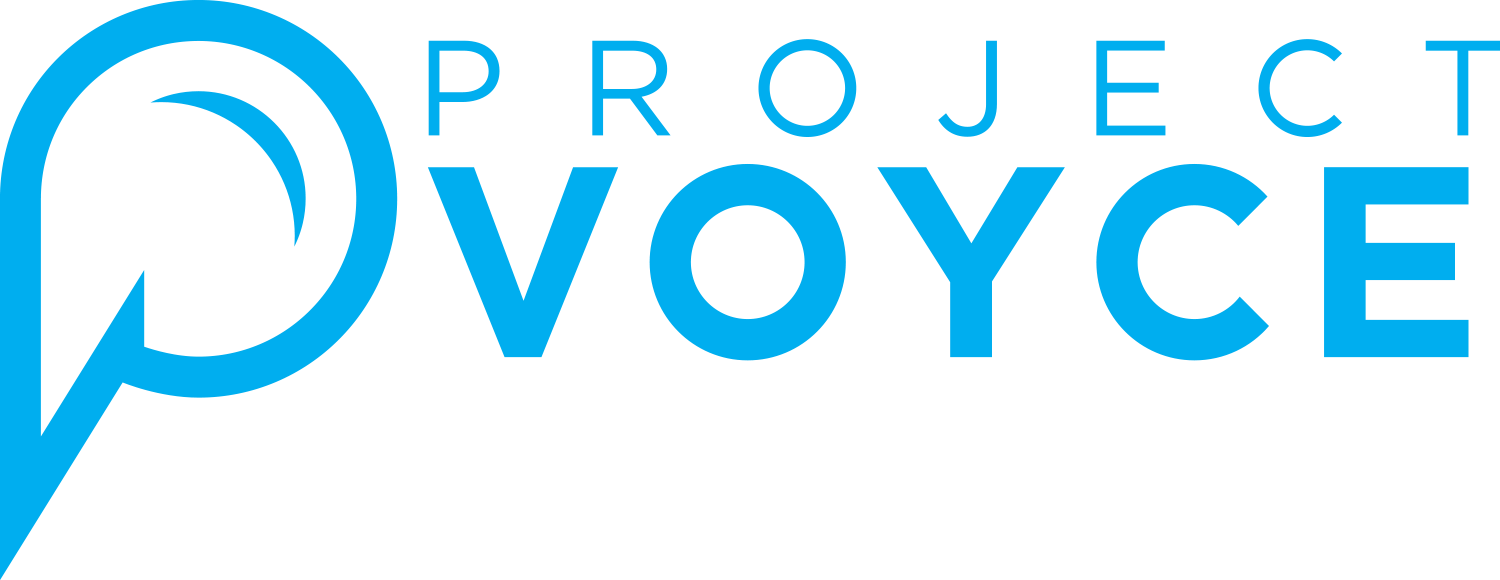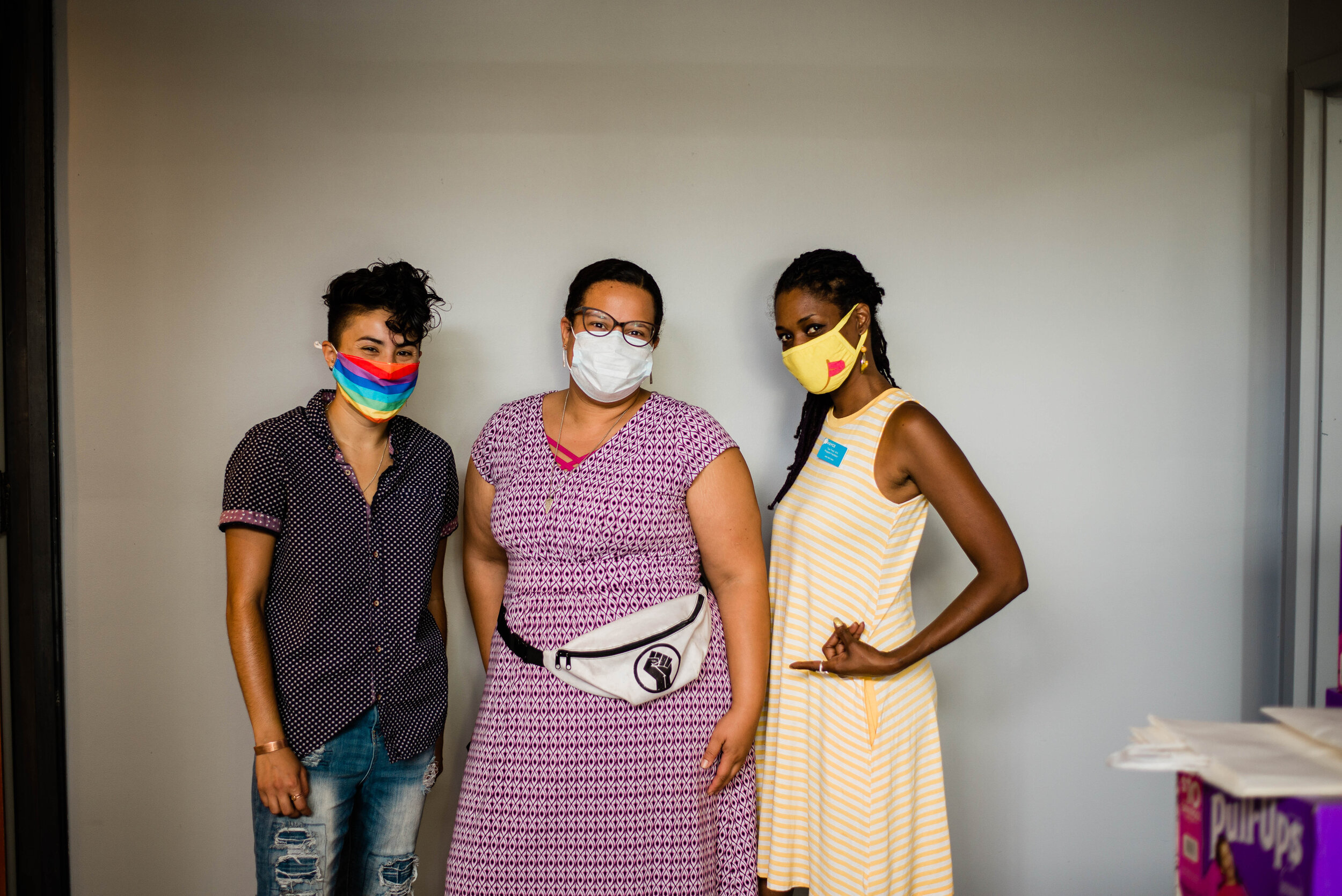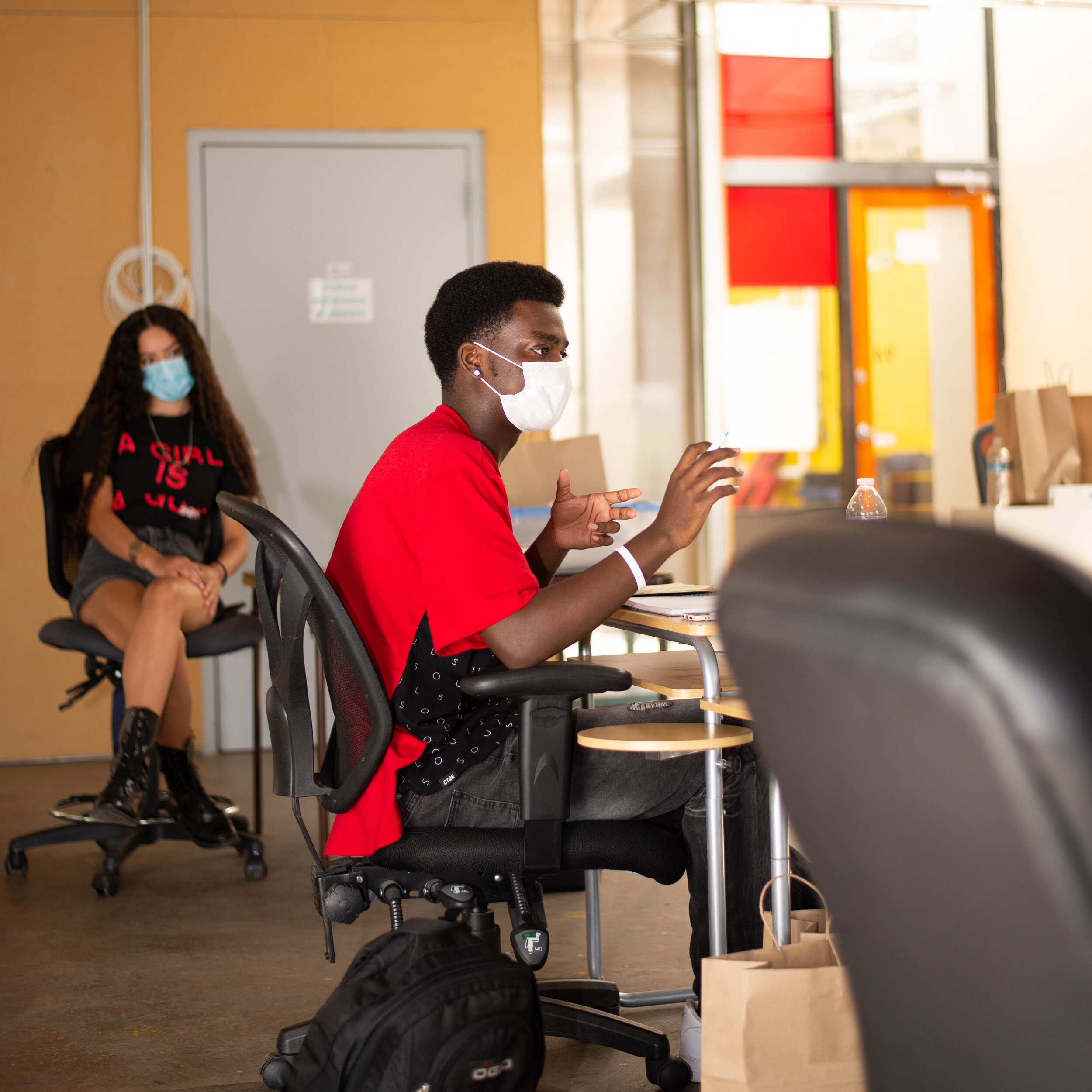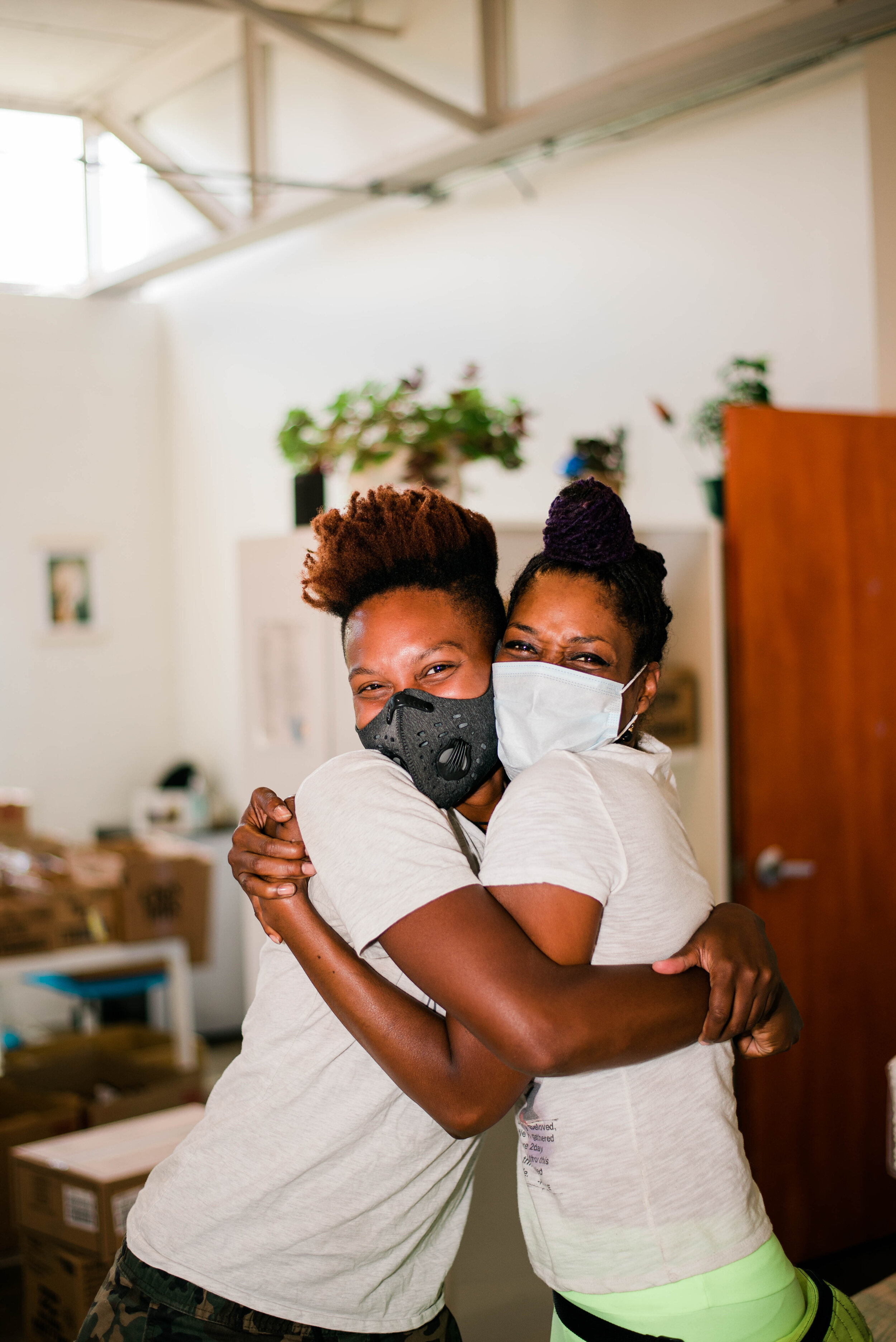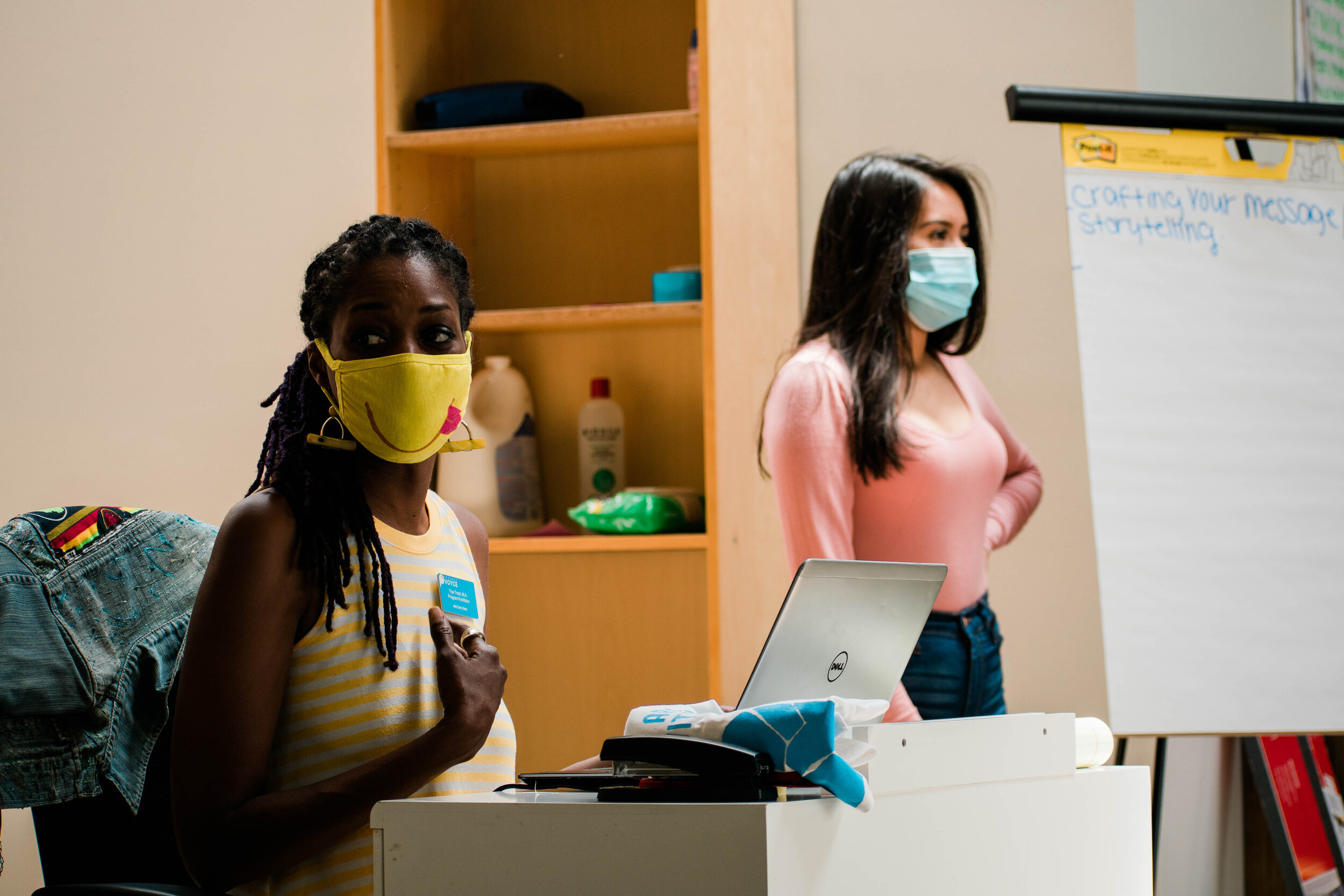The History of Project VOYCE
Project VOYCE was founded in 2006 by students, to serve students. The temporary closure of Manual High School- a traditionally underserved, high minority, high free/reduced lunch, inner city public school in Denver - served as a catalyst for the creation of Project VOYCE (Voices of Youth Creating Equity). While the closure and school redesign efforts promised authentic community engagement, the youth and community’s recommendations were left out of the final reports and ultimate redesign. Determined to ensure that the insights of youth and community would be heard and utilized in future, two Manual alumni, a former teacher and the founder of YouthBiz, launched Project VOYCE.
At Project VOYCE, we believe that youth must be engaged as partners in their own development and the development of their communities--our motto is “nothing about us, without us.” Project VOYCE is Denver's most authentic youth-driven leadership and advocacy training hub.
“The greatest humanistic and historical task of the oppressed: to liberate themselves...”
VISION
Project VOYCE (Voices of Youth Creating Equity) envisions a world in which Black, Indigenous, and young people of color are equitable partners in achieving collective healing and liberation.
MISSION
Project VOYCE partners with youth to develop transformative youth leaders who are engaged equitably in their own development and the development of their communities.
Why We do What We do
When young people in historically oppressed communities are looking for truth, power, and collective liberation---they come to Project VOYCE. We create spaces with youth that promote critical thought learning and explorations of power and social justice. We provide the language, knowledge, and tools to ensure that the emerging majority are not afraid to confront, listen, see the world unveiled, and reimagine new possibilities for the future. We have confidence in our youth’s ability to think, to want, and to know and we help them build confidence and trust in themselves.
Before the emerging majority can dismantle systems of oppression, they must learn how those systems were designed, how they function, and how we feed their existence knowingly and unknowingly. We cannot “fix” systems that work as they were designed to work but we can imagine and create new systems when we have diverse leaders who see beyond what they have been “programmed” to see.
VALUES
Representation & Leadership:
We believe that it’s not enough to simply be represented descriptively, nor is it enough to be a leader without authentically representing the voices of the silenced.
Social Justice & Equity:
Social justice is the equal distribution of resources and opportunities, in which outside factors that categorize people such as race, ethnicity, gender, etc. are irrelevant. Equity derives from the concept of social justice. It represents a belief that there are some things which people should have, that there are basic needs that should be fulfilled, that burdens and rewards should not be spread too divergently across the community, and that policy should be directed at achieving a level playing field. Social Justice is the long-term goal that can be achieved through short-term intentional interventions aimed at equity.
Inclusiveness & Diversity:
Diversity is the goal of having a variety of interrelated dimensions of human experience and identities such as race, ethnicity, gender, gender identity and expression, socio-economic status, nationality, citizenship, religion, sexual orientation, ability, and age in a single space or institution. Diversity alone does not achieve or strive necessarily for a culture of belonging and honoring differences in experience and identity. Inclusiveness takes diversity to the next level as it strives not only to have a range of experiences and identities in a space but to include and honor the value of those experiences and identities.
Action & Critical Reflection:
At PV we aim to develop youth as sociopolitical actors who think critically about systems and exercise political agency. As sociopolitical actors, individual agency/action and collective agency/action is how youth engage in existing systems through participation. Critical reflection also known as “critique” is the practice of questioning and denaturalizing the sociopolitical context of one’s life. The combination of action and critical reflection are an opportunity for young people experiencing oppression to talk about challenges in their everyday lives, examine root causes of inequality and take action to dismantle barriers and forge new pathways forward.
Compassion & Accountability:
While we strive to create a culture of love and compassion, we know the urgency of now is upon us and we must hold ourselves and each other accountable for building the sharing society we dream about. Accountability at Project VOYCE means that we challenge each other to live without excuses.
